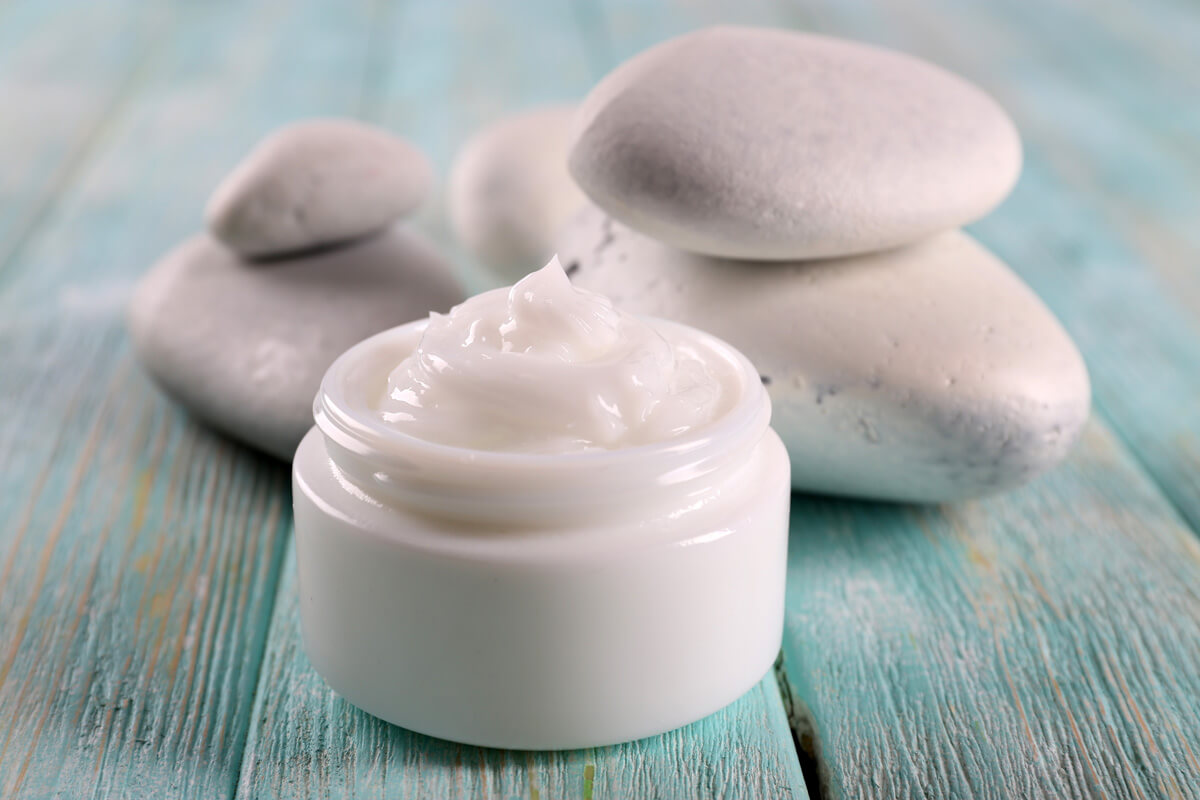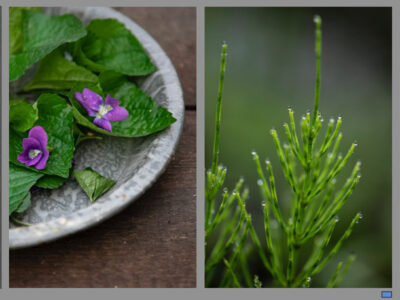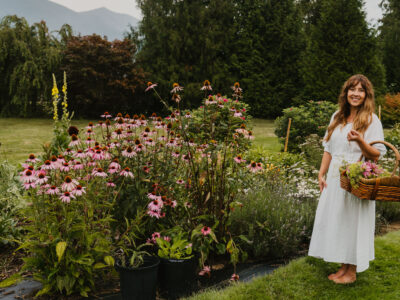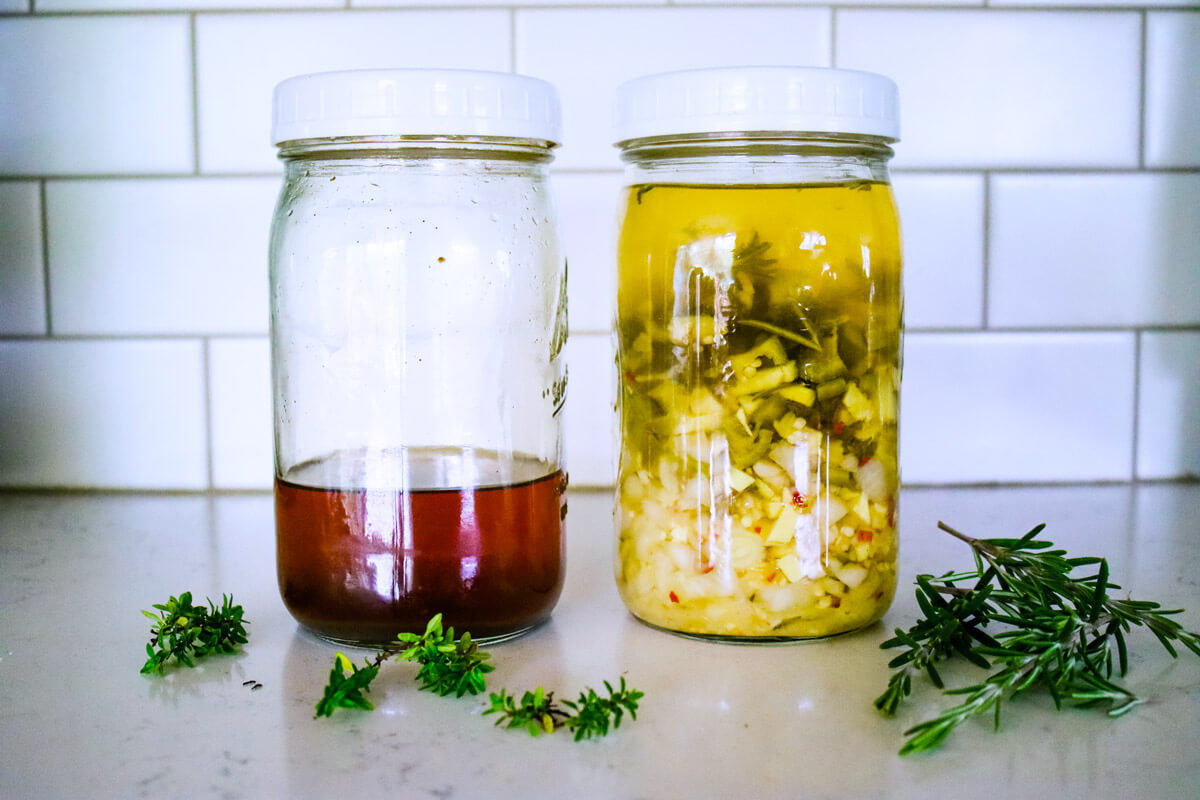Our skin is our biggest organ and what we come in contact with affects us. It’s important to know what the skincare ingredients are in anything we’re putting on our body, not only the ones that are harmful, but also the ones that are beneficdial, and how they work with our bodies and skin.
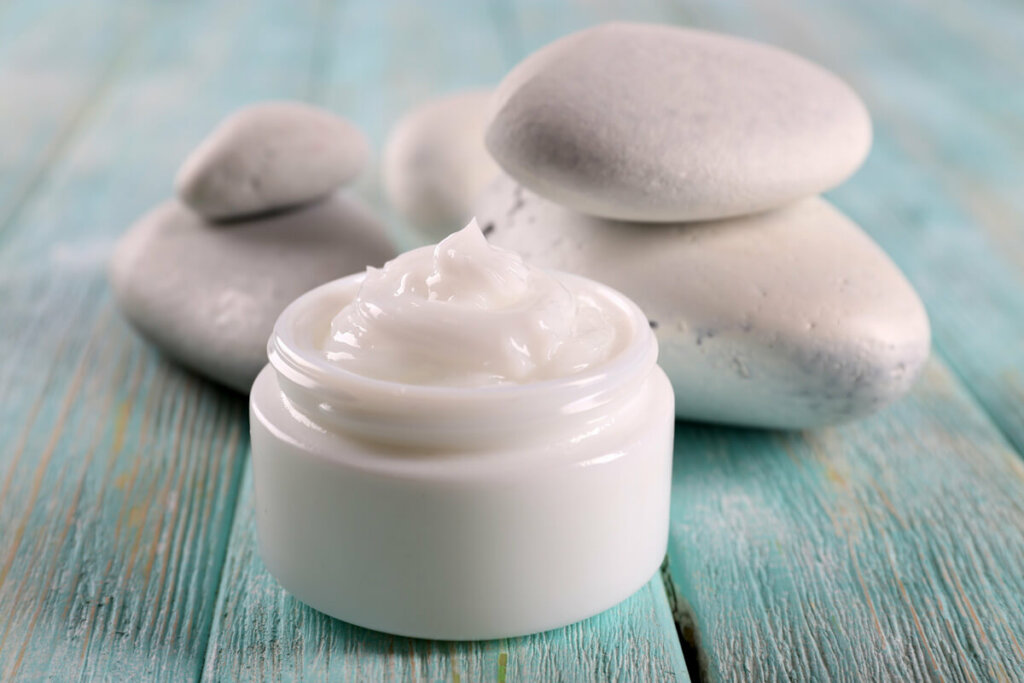
No matter where you’re at on your journey, but especially if you’re just starting out on trying to use more natural ingredients and products, don’t become overwhelmed and try to do it all. Just start small and move forward.
Natural Remedies Made Simple

Start your home apothecary with confidence—even if you’re brand new. Learn how to choose the right herbs for your body using the simple principles of herbal energetics.
Discover how warming, cooling, drying, and moistening herbs affect your body—so you can stop guessing and start making remedies that actually work.
Many reasons most of us don’t make a change is simply because we didn’t even know we needed to.
This post was originally published back in 2016 (podcast episode #90 “5 Hidden Ingredients in Your Skincare”) where I interviewed Molly from Bloom Naturals. Since this interview, I have continued to experiment with my own homemade skincare products, as well as other products from other companies.
Today’s podcast (episode #318) is with Emilie from Toups & Co. and we’re discussing further in depth the ingredients found in skincare products, which ingredients to avoid, and why I have fallen in love with Toups & Co’s natural and healthy skincare products.
Table of Contents[Hide][Show]
Are Skincare Ingredients Really That Important?
Let’s discuss why the ingredients in your skincare and makeup matter, the amazing health benefits of lard and tallow in skincare, and so much more!
At a young age, Emilie’s daughter developed horrible eczema which led them down the path of learning about the ingredients in their food, eliminating toxins in their cleaning supplies, and buying their own homestead, complete with a dairy cow and all.
There are many different areas of health, our skin, our food, the products we use to clean our home, the way we move our bodies because let’s face it, we’re complex beings and there’s more to us than just one thing.
You can try out the natural products that I use from Toups & Co here. And if you use code “Pioneering” you can get free shipping on your order!
Why “Oil” Isn’t the Issue
Oil Cleansing
I had no idea that the soaps and scrubs I was using on my face were affecting the pH level of my skin and possibly aggravating my blemishes. By switching to oil cleansing, or oil-based products (that don’t include the five hidden ingredients listed below), I’ve improved my skin and rarely ever have breakouts anymore.
For more information on oil cleansing, listen to episode #90 where we discuss exactly what this is and how to do it. But let me just tell you that after only two weeks of oil cleansing, I haven’t had any new breakouts, and I haven’t had those dry patches, even with the weather changing to fall.
It’s important to note that I am not a certified medical practitioner. This post is not intended to diagnose or treat but is for informational purposes only. Please contact your healthcare professional before introducing new herbal and natural remedies into your wellness routine.
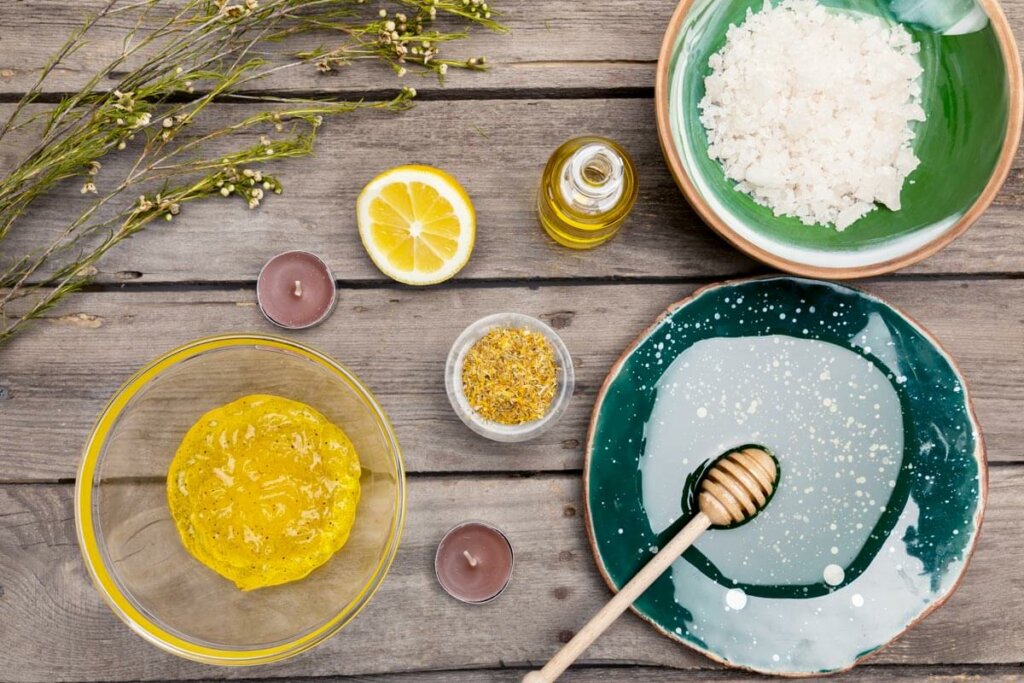
Can You Eat Your Skincare Products?
It’s my firm belief that you should never put on your skin what you wouldn’t put in your mouth. I used to think everything you can buy in the store was healthy and safe and that cosmetic companies were looking out for me and my best interest.
From the time my two babies were newborns I used very common and popular products to bathe my kids, not realizing I was dousing them with toxic ingredients. (Source)
Here I was spending all this time making raw milk yogurt, our own cheese, butter, and soaking grains. I spent a lot of time doing all that, but never took into consideration I was feeding my kids toxins through their skins. (Source)
Hidden Skincare Ingredients
This is a simple lotion formula (though you likely won’t find any products that have this small of a list in the store): water, grapefruit seed extract, healthy plant oil, emulsifying wax, vitamin E.
Though this is a basic lotion or cream formula to make skincare products, and all the ingredients seem healthy, we need to understand this formula to see how it affects our skin.
Water
If you look at the products in your home probably all of them have water as the first ingredient, which means it’s the largest quantity. Water breeds mold and bacteria when it’s introduced to other ingredients. The same way a grapefruit will mold on the countertop, but if you dehydrate it will last indefinitely.
If you add water to a product, the FDA requires a strong preservative to combat mold and bacteria. Most of us know to stay away from or have heard the term parabens and phthalates, but what about an ingredient that says “grapefruit seed extract”.
Grapefruit Seed Extract
Grapefruit seed extract sounds pretty healthy, right? You may think, “I could eat that!” Though grapefruit seed extract starts out natural, it goes through a 7 step process that involves an acid. I’ve yet to find one grapefruit seed extract that doesn’t have a preservative added back in.
Healthy Plant Oil
The same goes for the healthy plant oils listed in the ingredients. Sure fractionated coconut oil sounds healthy. Except most plant-based oils found in cosmetics are not in their original state, so you’re not getting the full nutrients.
Fractioned coconut oil is a fraction of coconut oil. Coconut oil is solid at room temperature and that causes a problem for formulators because it’s not always a creamy consistency. They take it into a lab and remove the parts that solidify, so it’s always liquid, which makes fractioned coconut oil.
There’s also RBD coconut oil, which stands for refined, bleached, and deodorized. It’s kind of what we did with the milk industry, we couldn’t regulate it so we just pasteurized and homogenized everything so there wasn’t anything left in it.
That’s what happens with a lot of our plant oils, they really don’t have the nutrients that you want in them by the time they’re added into the skincare product.
Emulsifying Wax
Emulsifying wax is necessary in order to mix oil and water together. Many companies used to use whale blubber, but for obvious reasons not anymore.
One common emulsifier is cetyl alcohol, but cetyl alcohol is actually a cocktail of a bunch of toxins. The company isn’t required to list all of the ingredients in this cocktail so we’re left a bit in the dark.
Out of the four ingredients listed above, only one of them is actually beneficial to your skin. Water can be beneficial because it plumps your skin up but as the water dehydrates, your skin goes back, sometimes more dehydrated than before. You’re basically buying and paying for a tiny fraction of actual beneficial ingredients.
Vitamin E
This is another ingredient that many of us would think is beneficial, however, most vitamin E oils are isolated in a lab. Even worse, some oils are actually synthetic versions of the real thing.
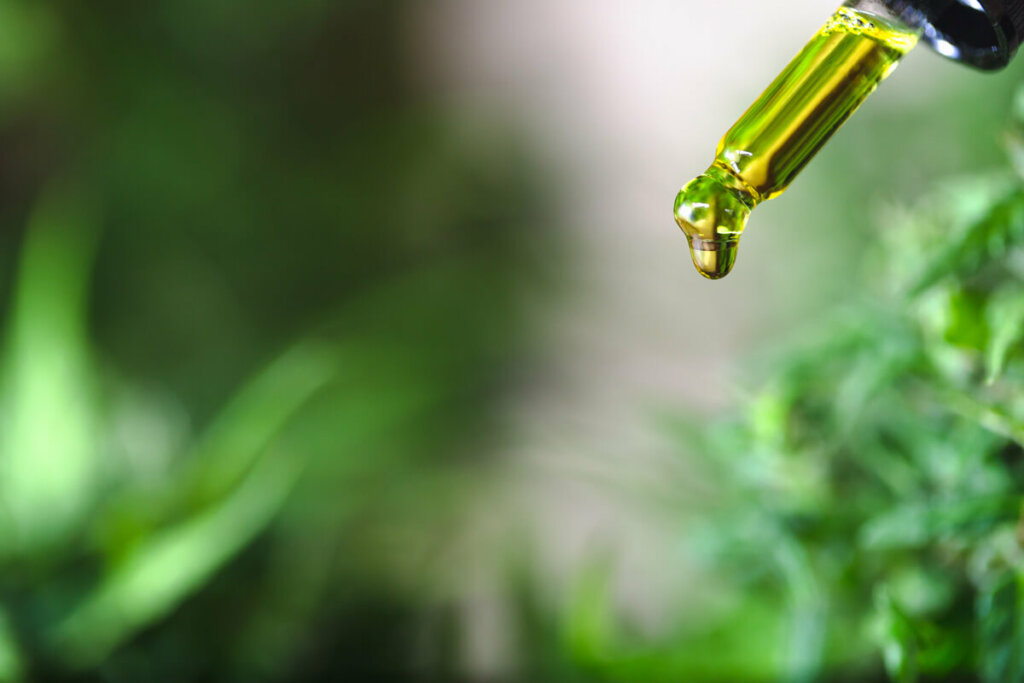
Why Ingredients Matter
It’s an issue of health. When you naturally detox your body, you feed your body good healthy ingredients and your body is able to process that food really quickly so it can take the rest of its time to go in and heal your body. It’s not necessarily the food that’s helping, it’s just your body doesn’t need to spend the time to process the junk and can focus on healing.
The same happens with your skin. When you just feed it beneficial ingredients, it doesn’t have to process out the dyes, perfumes, cetyl alcohol, emulsifying wax, etc. It can then just go about the work of healing your skin and not flushing out all that other stuff.
Skin Issues
There are more and more people who are dealing with eczema, psoriasis, acne and other skin issues who are finding relief because they’re removing toxic products and even cleaning up the food they eat and their skin is able to heal itself.
Organic vs. Non-organic
When sourcing our food, we all know that growing your own is best, but if you can’t buy it (or source it grown locally) then organic is the next best thing.
The same goes for our skincare ingredients. You don’t want to source amazing grass-fed tallow and organic olive oil just to ruin it by adding non-organic essential oils. Be sure when making or buying skincare products that all the ingredients are sourced well.
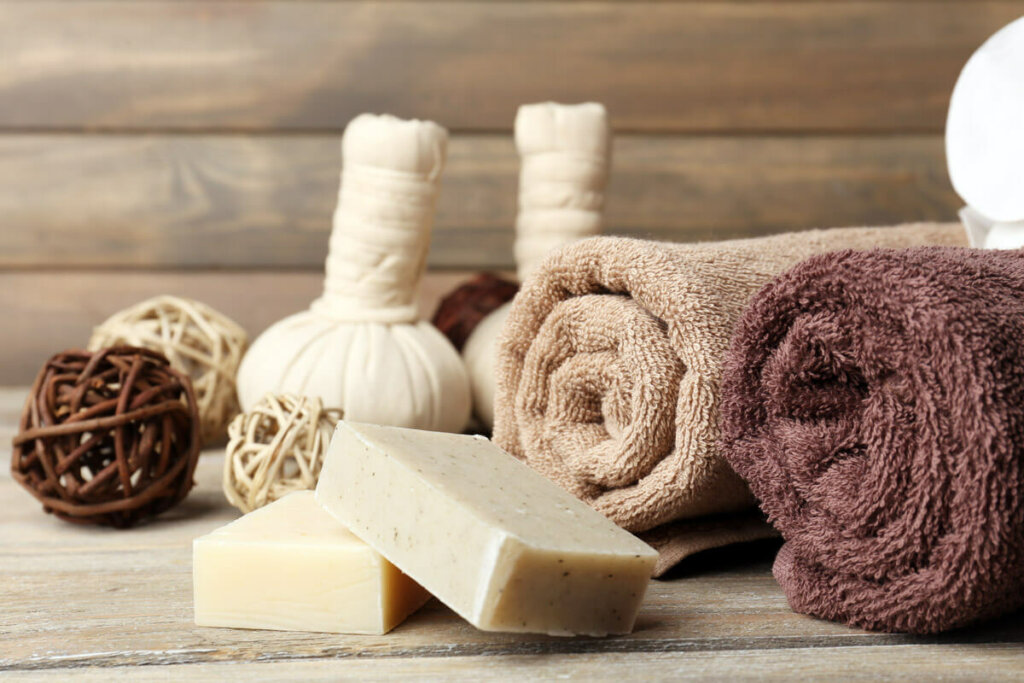
Why You Shouldn’t Use Soap on Your Face
Lauryl Sulphate (which is the ingredient used in soaps that gives it that foaminess) is found in heavy-duty cleaners, engine degreasers, shampoos, and soaps, but hardly any of us get truly dirty enough to use a heavy-duty cleanser like that all over our bodies.
What happens is the caustic cleanser in soaps (even Castile soap) strips your skin of its naturally occurring oils that help to protect it and it changes the pH level of your skin. (Source)
Once you strip your skin the body starts producing more oil to replace what has been stripped away. So your face feels oily again, causing this roller coaster of dry, oily, dry, oily skin. This alone can cause breakouts and irritation to your skin.
To enhance what’s already there you want to keep it balanced and what’s already there. A lot of the reason our skin feels dry is our skin is confused because you’re stripping it.
Oil cleansing is using oil to cleanse the skin instead of soap.
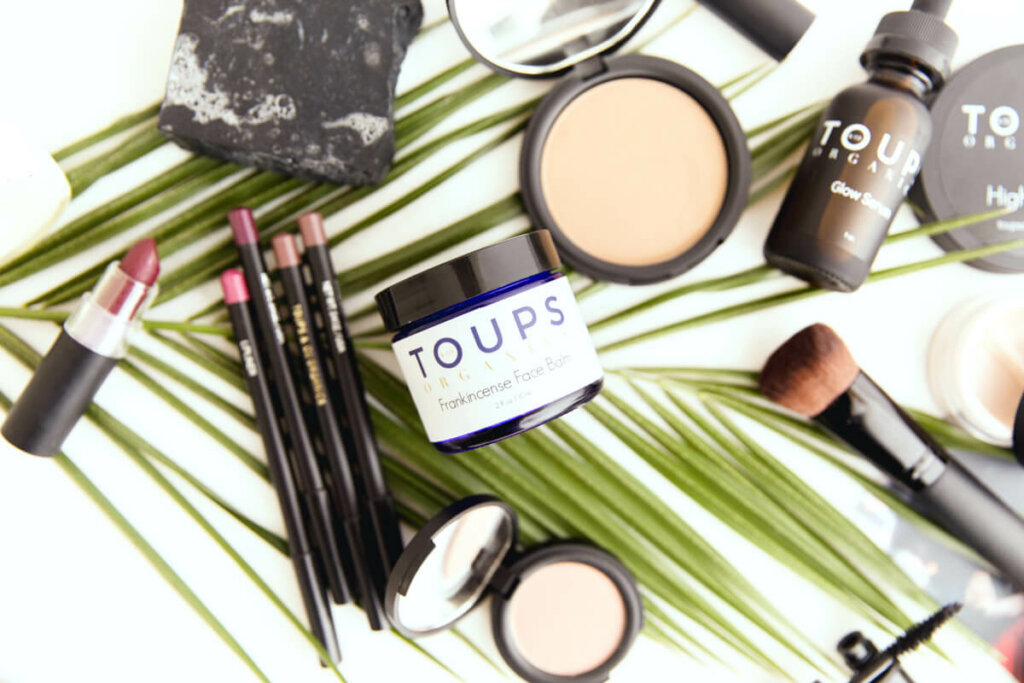
Know Your Skincare Ingredients
My best tip if you’re unsure of your skincare ingredients is to go to EWG.org and go to the Skindeep section. You can search a number of different products for their score (A-F), or you can search individual ingredients.
Top Ingredients to Avoid
- Parabens
- Phalates
- Propylene glycol
- Polyethelene glycol
- EDTAs
- Fragrance
These ingredients are in so many of our personal care products, but I think fragrance is among the most dangerous because it can be made up of a combination of 3,000+ stock chemical ingredients that include hormone disrupters and allergens. (Source)
These fragrance formulas are protected under federal laws classification of a trade secret. So these companies can put “fragrance” on the label, without disclosing the ingredients used to create that fragrance.
What Toxins Do To Our Body
These toxic ingredients can be so harmful to our bodies, and this is why we’re seeing more and more people with auto-immune diseases, disrupted hormones, and so many other skin issues. (Source)
I recently shared about toxin testing and my test results. If you want to learn more about it, hop on over there and watch the video.
We can’t change what we don’t know, so I’m hopeful that these podcasts and this blog post are a stepping stone to helping you and your family make the healthy changes necessary to keep you and your family safe.

Natural Skincare Products
You can try out the natural products that I use from Toups & Co here. And if you use code “Pioneering” you can get free shipping on your order!
I currently love their foundation, concealer, eyeliner, blush, and lipgloss, along with their tallow balms that both me and my daughter use and love.
Visit the website for a full list of products!
More Posts You May Like
- Do Natural Deodorants Really Work?
- DIY Herbal Bentonite Clay Face Mask and Scrub
- How to Make Homemade Lotion Bars
- 5 Homemade Natural Cleaner Recipes (That Really Work!)
- Homemade Peppermint Salve for Dry Skin
- Homemade Soap with Natural Colorants and Tips
- How to Make Soap at Home- Beginner’s Guide to Soap Making
- 3 Ingredient Homemade Lip Balm Recipe
- 15 Homemade Natural Herbal Bath and Body Gifts
[fusebox_transcript]
